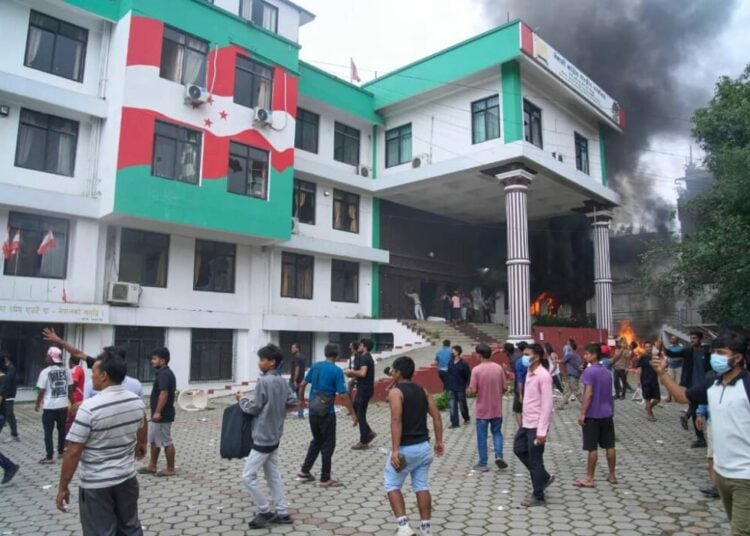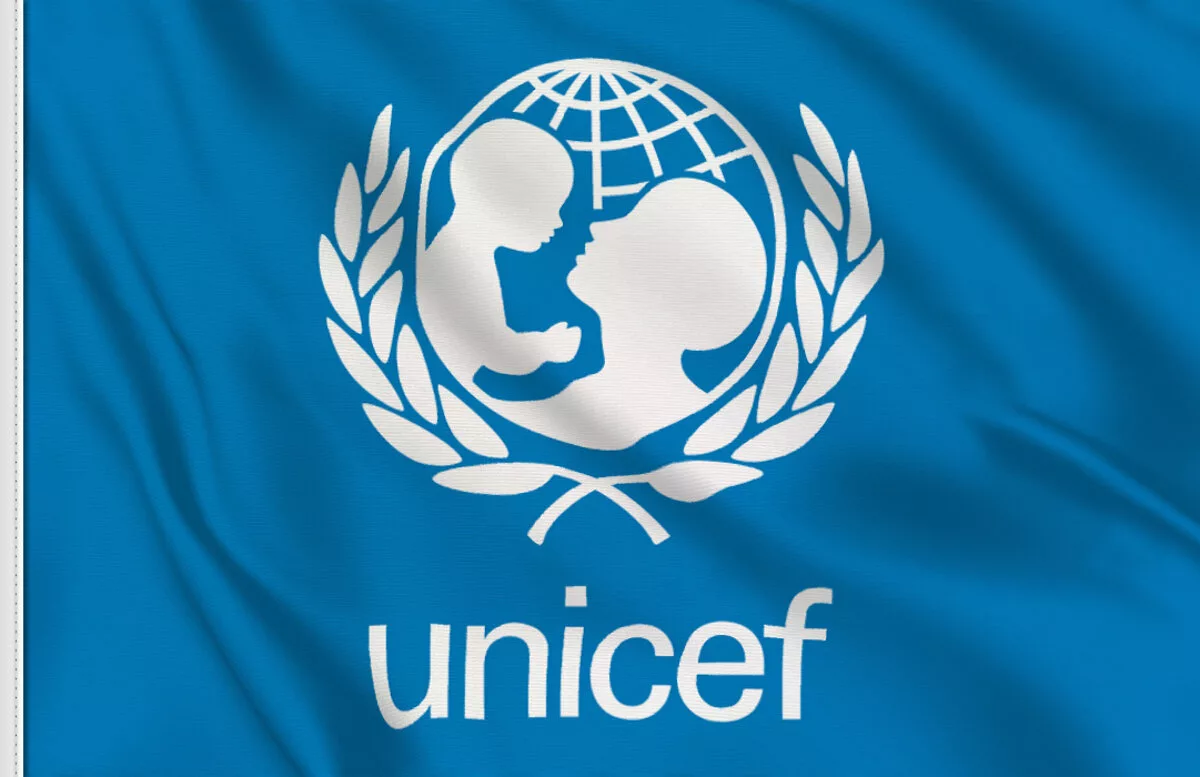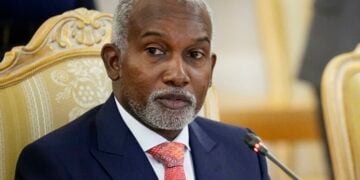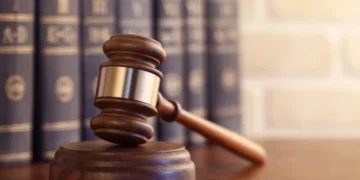Nepal’s Prime Minister Khadga Prasad Oli resigned on Tuesday after violent protests against a short-lived social media ban spiralled into a broader movement against corruption and the country’s political elite.
The resignation did little to calm the streets as tens of thousands of protesters blocked roads, torched government buildings, and attacked political leaders and Army helicopters evacuating ministers to safety.
The unrest began after government blocked Facebook, X (formerly Twitter), YouTube, and other platforms, citing failure to register with regulators.
In reaction, demonstrations led by young Nepalis quickly broadened to demands for accountability, fueled by frustration over corruption, inequality, and high youth unemployment.
Police opened fire on crowds in Kathmandu on Monday, killing 19 protesters and injuring hundreds.
Doctors said many injured victims were shot in the head and chest.
Although the ban was lifted on Tuesday, the anger over the deaths intensified calls for Oli’s ouster.
President Ram Chandra Poudel accepted Oli’s resignation and named him to head a caretaker government until a successor is chosen.
The president also appealed for dialogue, while the Army urged the protesters to embrace peace.
Protesters targeted the homes of top officials, including Oli, the president, and former prime minister Sher Bahadur Deuba, whose party office was also attacked.
Videos showed Deuba and his wife, Foreign Minister Arzu Rana Deuba, bloodied after being assaulted by demonstrators.
“This is about justice,” said protester Narayan Acharya outside Nepal’s parliament. “Our youths are being killed. K.P. Oli should be chased away.”
The unrest, dubbed the “Gen Z protests,” has been fueled by resentment over “Nepo Kids” — children of politicians who flaunt wealthy lifestyles while ordinary youth face a jobless rate of 20%. The government estimates over 2,000 young people leave Nepal daily to work abroad.
Rights groups have condemned the crackdown, accusing police of using live ammunition.
Amnesty International and the United Nations have called for a transparent investigation.
Oli had pledged compensation for victims’ families and free medical care for the injured before stepping down.
The protests have also reignited debate over a draft social media bill requiring platforms to set up local offices and comply with strict rules — a move critics warn was aimed at censorship.
TikTok, Viber, and a handful of other platforms have already registered, but global giants like Meta, Google, and X have not commented publicly.





